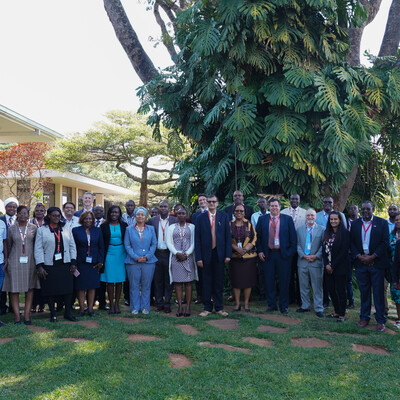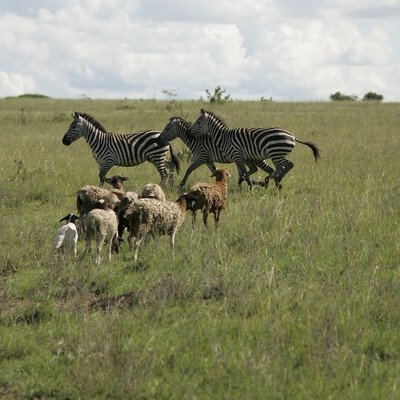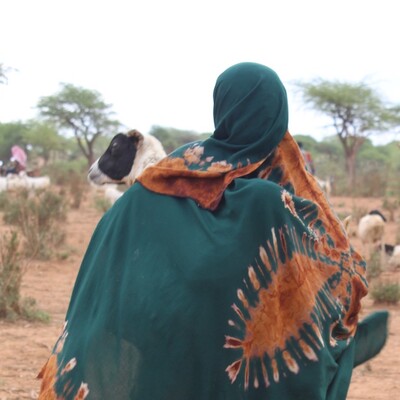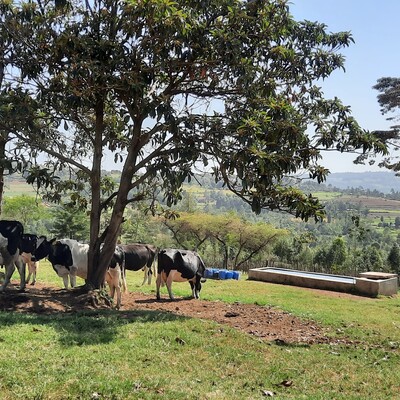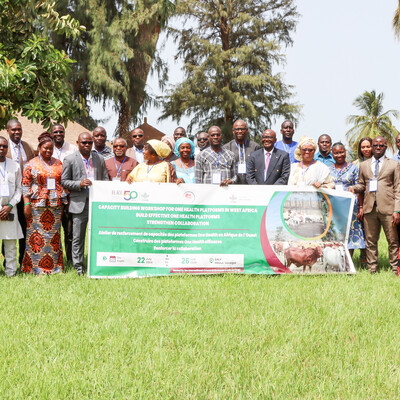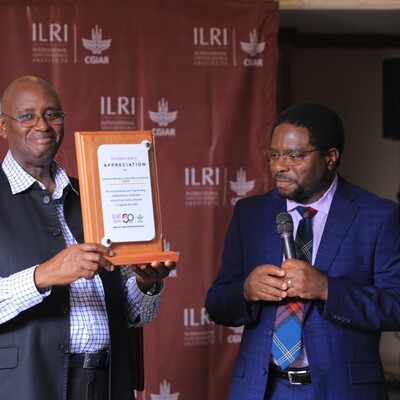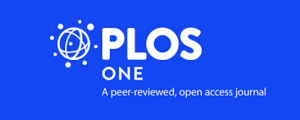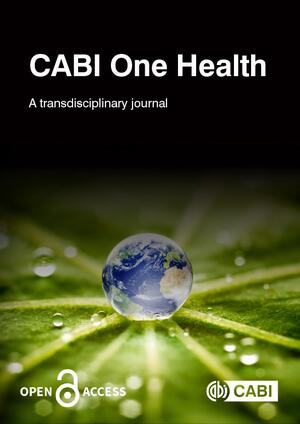

Major ILRI-CGIAR-livestock contributions at the recent World One Health Congress in Cape Town
The focus of the World One Health Congress 2024 held in Cape Town, South Africa on 20–23 September 2024 was on improving human health by taking a holistic approach that considers the interconnectedness of human, animal and environment health.
The congress—the world’s largest forum dedicated to advancing the One Health agenda and community—comprised over 1400 participants from 87 countries, 400 speakers across 70 sessions, and 600 scientific posters. This was the first time this congress, the eighth in an annual series, took place in Africa.
The International Livestock Research Institute (ILRI) made several contributions to the congress, including the launch of a landmark report on the wild meat trade and a keynote speech by ILRI's director general Appolinaire Djikeng on leveraging One Health approaches for resilient food systems.
CGIAR and ILRI's approach to One Health
The congress showcased the CGIAR Initiative on One Health, a program emphasizing the interconnectedness of human, animal and environment health within the context of transforming food systems.
ILRI's One Health research covers four focus areas:
• Zoonotic diseases: Understanding the links between animal health and the emergence of infectious zoonotic diseases in humans, such as COVID-19, avian influenza and Rift Valley fever.
• Antimicrobial resistance: Reducing the over-use and misuse of antimicrobial drugs in livestock and aquaculture, which is a significant driver of the growing development of drug-resistant infections in people and livestock.
• Food safety: Improving food safety standards across the food supply chain, particularly in the largely unregulated informal and traditional food markets that are ubiquitous across the Global South.
• Policy, capacity building and operationalization: Working with partners to translate One Health research evidence into policies and actions, training the next generation of One Health practitioners and making One Health work on the ground.
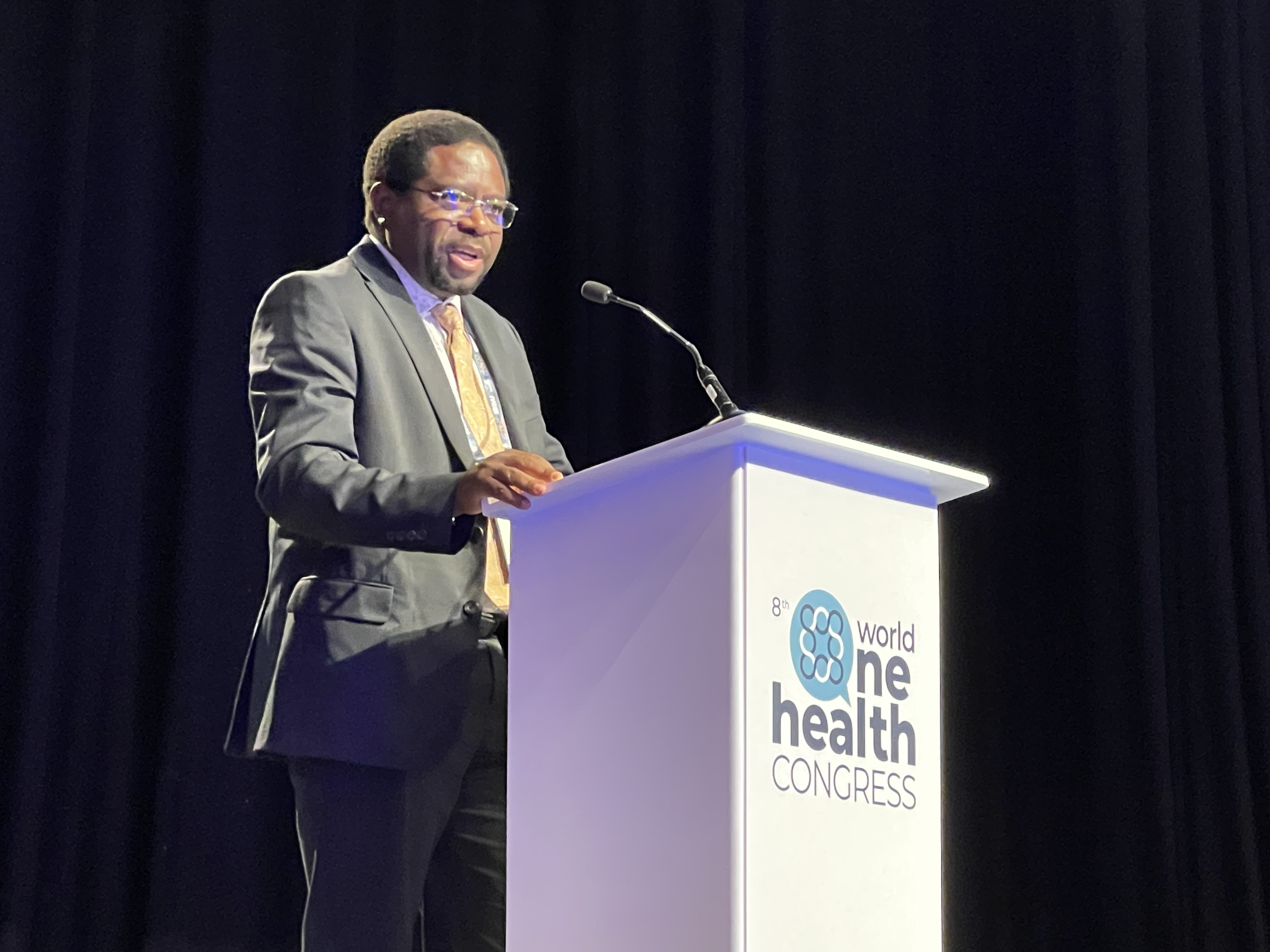
ILRI's director general Appolinaire Djikeng speaking at the World One Health Congress 2024, in Cape Town, South Africa (photo credit: ILRI/Hung Nguyen).
Leveraging innovation for resilient food systems
In his keynote address, ILRI's director general Appolinaire Djikeng argued for adopting a One Health lens in research and development work to build resilient food, land, and water systems. He highlighted CGIAR’s role in developing and implementing solutions for such complex and 'wicked' global challenges as global food insecurity, climate change and unsustainable agricultural systems.
Launch of ILRI report on wild meat
ILRI launched a landmark report, Eating wild animals: Rewards, risks and recommendations (see also a blog post and brief on the report). It examines the complex interplay of human, animal and environmental factors surrounding the consumption of meat from wild animals in Africa and Southeast Asia. The report shows how the growing but often hidden trade in wild meat presents both risks and rewards to human and environmental well-being and offers some ways forward for implementing ways to make the trade more sustainable, healthy and humane.

ILRI's report also introduces an 'Eco-Epi-Well-Wel' approach that joins up ecological ('Eco') and epidemiological ('Epi') expertise with concerns for both human well-being ('Well') and animal welfare ('Wel') to promote practices that are:
• fairer: ensuring equitable access to resources and benefits;
• safer: minimizing health risks associated with hunting, butchering and eating wild animals; and
• more sustainable: protecting biodiversity and promoting responsible hunting practices.
Engaging the private sector and young researchers
The 2024 World One Health Congress saw increased participation from the private sector, with global animal health company Zoetis and American biotechnology company Illumina engaging in the One Health dialogues.
This signals a growing recognition of the interconnectedness of human, animal and planetary health within a business context. Furthermore, the meeting provided valuable exposure to young researchers, particularly from Africa.
This participation is crucial for fostering a new generation of One Health advocates and practitioners.
Looking ahead: Integrating environmental dimensions and global advocacy
While the congress highlighted significant advancements in One Health, the participants identified key areas for improvement:
• Strengthening the environmental dimension: Greater involvement of the environmental sector and use of environmental expertise are needed to fully address the complex interplay between ecosystem health and human and animal well-being.
• Global advocacy: Amplifying the One Health message within international forums like the United Nations is crucial for driving policy changes and securing resources for a holistic approach to global health challenges.
You may also like
Related Publications

Advancing green recovery: Integrating one health in sustainable wildlife management in the Asia-Pacific Indigenous People and Local Communities
- Sangkachai, N.
- Wiratsudakul, A.
- Grace, Delia
- Whittaker, M.
- George, A.
- Nielsen, M.R.
- Hogarth, N.
- Pfeiffer, D.U.
- Smith-Hall, C.
- Nameer, P.O.
- Hassan, L.
- Talukdar, G.
- Lee, T.M.
- Mathur, V.B.
- Rwego, I.B.
- Compton, J.
- Mispiratceguy, M.
- Shi, J.
- Fine, A.E.
- Animon, I.
- Carvalho, K.R. de
- Taber, A.
- Newman, S.
- Thongdee, M.
- Sariya, L.
- Tangsudjai, S.
- Korkijthamkul, W.
- Sakcamduang, W.
- Suwanpakdee, S.
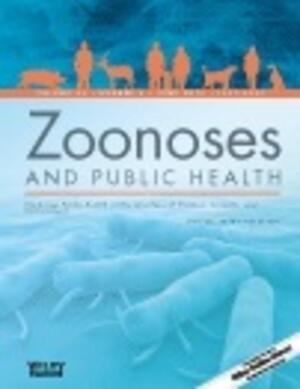
Integrated community-based reporting and field diagnostics for improved rabies surveillance in rural Laikipia, Kenya
- Odinga, Christian O.
- Thomas, Lian F.
- Wambugu, E.
- Ferguson, A.W.
- Fèvre, Eric M.
- Gibson, A.
- Hassell, James M.
- Muloi, Dishon M.
- Murray, S.
- Surmat, A.
- Mwai, P.M.
- Woodroffe, R.
- Ngatia, D.
- Gathura, P.M.
- Waitumbi, J.
- Worsley-Tonks, Katherine E.L.
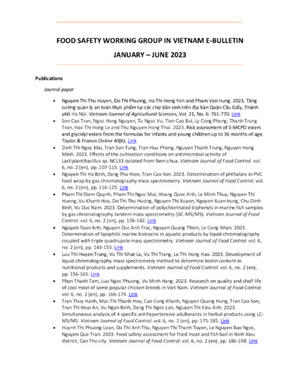
Food Safety Technical Working Group in Vietnam E-bulletin, July-December 2024
- Food Safety Technical Working Group in Vietnam

Perceived impacts of climate change in pastoralist regions of Ethiopia: A qualitative study applying the concept of One Health
- Tamire, M.
- Mor, Siobhan M.
- Baylis, M.
- Kaba, M.





